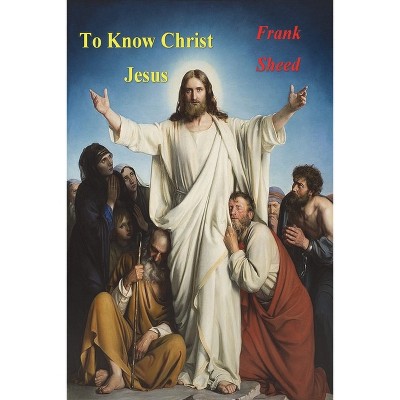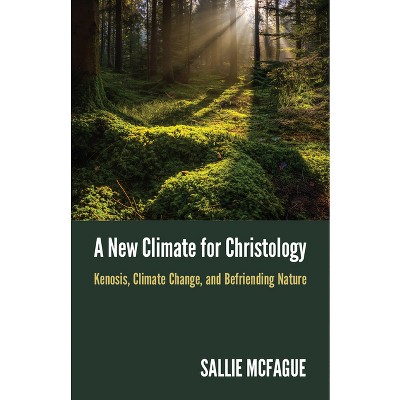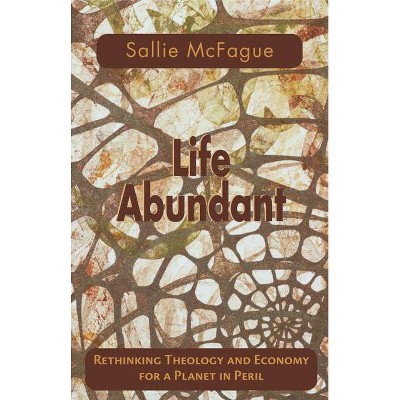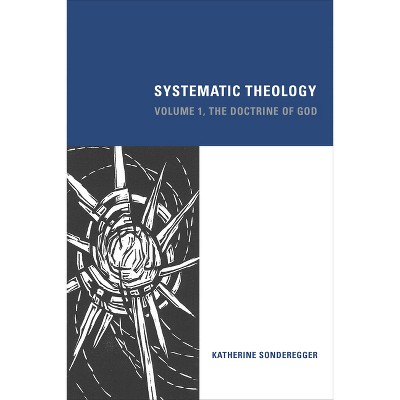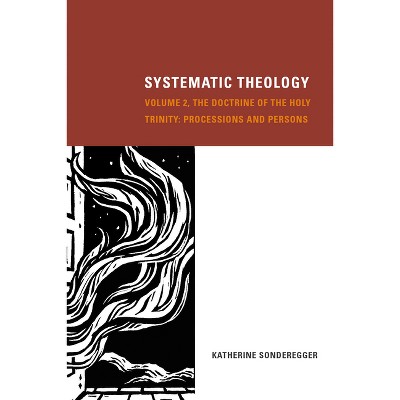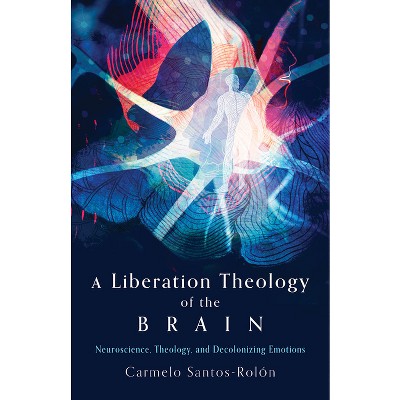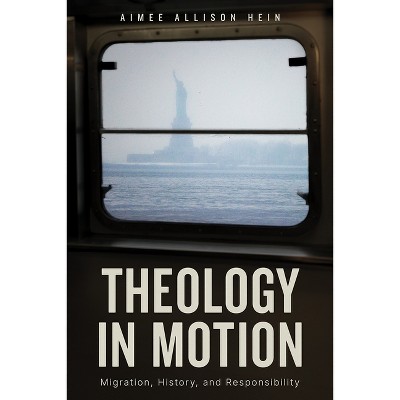Sponsored

A New Climate for Theology - by Sallie McFague (Paperback)
In Stock
Sponsored
About this item
Highlights
- Climate change promises monumental changes to human andother planetary life in the next generations.
- Author(s): Sallie McFague
- 204 Pages
- Religion + Beliefs, Theology
Description
About the Book
* A leading theologian's analysis of the root problems behind climate change * Proposes a relational, eco-friendly notion of what it is to be humanBook Synopsis
Climate change promises monumental changes to human andother planetary life in the next generations. Yet government, business, and individuals have been largely in denial of thepossibility that global warming may put our species on the roadto extinction. Further, says Sallie McFague, we have failed to seethe real root of our behavioral troubles in an economic modelthat actually reflects distorted religious views of the person. At its heart, she maintains, global warming occurs because we lack anappropriate understanding of ourselves as inextricably bound tothe planet and its systems.
A New Climate for Theology not only traces the distorted notionof unlimited desire that fuels our market system; it also paints analternative idea of what being human means and what a just andsustainable economy might mean. Convincing, specific, and wise, McFague argues for an alternative economic order and for ourrelational identity as part of an unfolding universe that expressesdivine love and human freedom. It is a view that can inspire realchange, an altered lifestyle, and a form of Christian discipleshipand desire appropriate to who we really are.
Review Quotes
"Sallie McFague has brought the fruits of decades of thinking about God and the world, about individual and community, about humanity and nature, about reality and metaphor, about the sacramental and the prophetic, to bear on the critical issue of climate change. She calls Christians to new feeling, new acting, and new thinking. Perhaps as the threat to our world that she describes so well presses more obviously upon us, the church will begin to listen." -- John B. Cobb Jr. "Professor Emeritus, Claremont School of Theology"
Shipping details
Return details
Frequently bought together


Trending Non-Fiction






